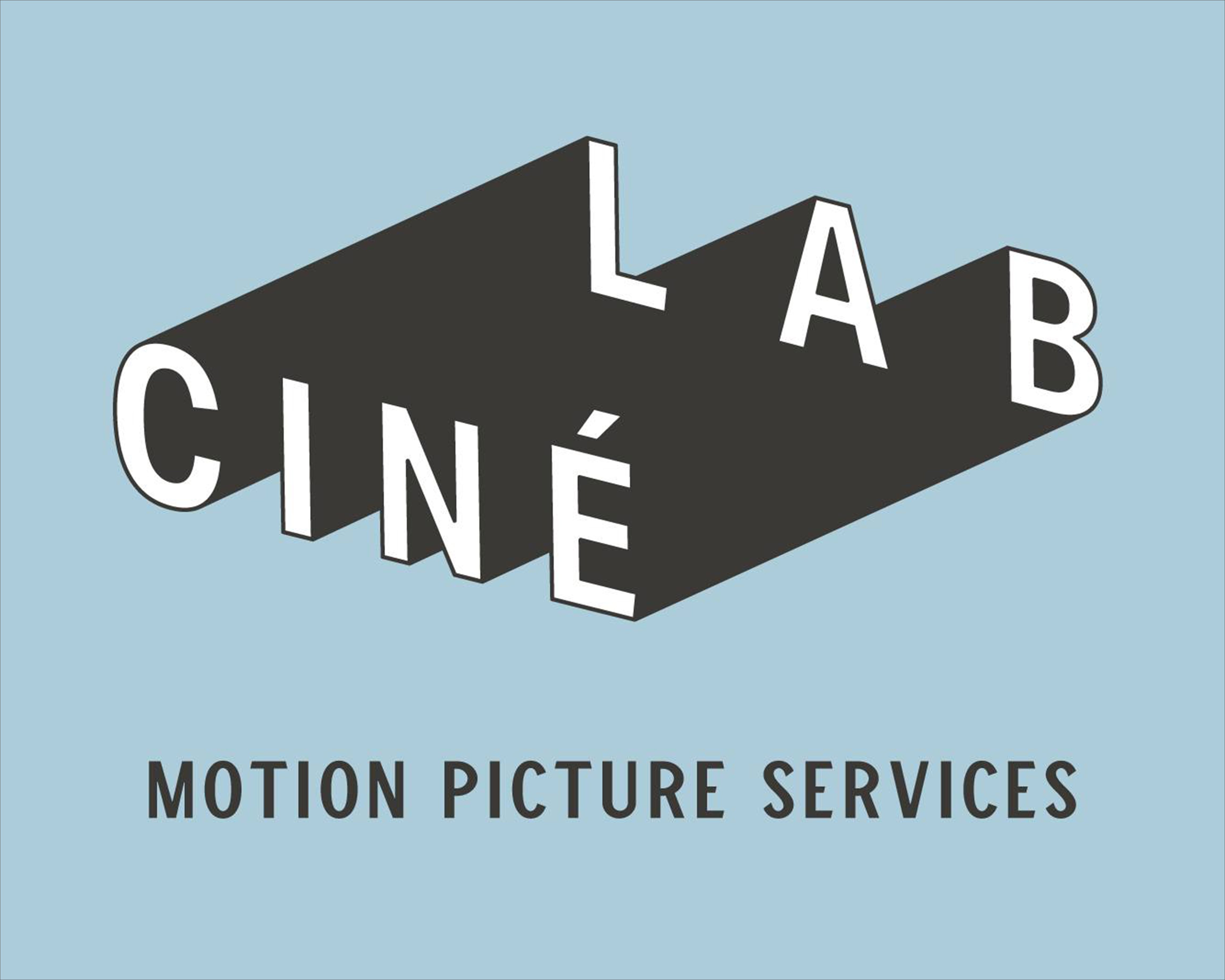I have to catch myself from getting too excited about all the technical stuff this early in the stage. One thing that ends up being a problem for most low budget indie films is that the stories just flat out suck. Although I have no guarantee's that I will not fall into that pool of films with my audience, I do need to do my best to avoid that from happening.
The first step is to have a script which I fortunately have. While I am happy with the way the first draft turned out I have had hardly any feed back on it, so to solve that problem I am having people I trust read through it to give me feedback. I believe that a script sometimes changes shape when people here it read out loud, for me it forces me to hear how ridiculous something might sound, whether it be dialog or action. I am working on setting up a read through with people to give me insight on how to make the script better. I'll probably hold it at my house on some soon to come weekend and buy everybody pizza and drinks -- you'll learn later in this process, if you don't know already, that your greatest asset as an indie low budget filmmaker is feeding the troops (more details to follow).
I put a lot of thought into casting my movies, partly because it is sometimes so hard to do but also because if done right can make your job as a director 100 times easier. What I plan on doing is selecting a cast for the read through, I don't want just anybody reading the parts because a trained actor will read a line of dialog much differently than your average Joe, which adds to the experience of the read through. I am also going to try working with a casting director on this project so the actors casted for the read through will need to know that they won't be playing the part in the movie.
Apart from the cast reading I am going to have my trusted friend critics listen in and give me notes when all is done. The main purpose of the read through is to get an unbiased opinion and be able to improve the story. Once the story is at a presentable stage then I can move on to the next steps in Phase 1 and put more time into a poster for pitching purposes...okay, I have one made up already but you'll have to wait before I show it to you.





